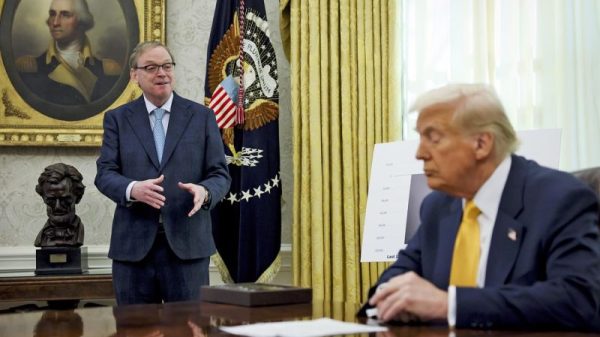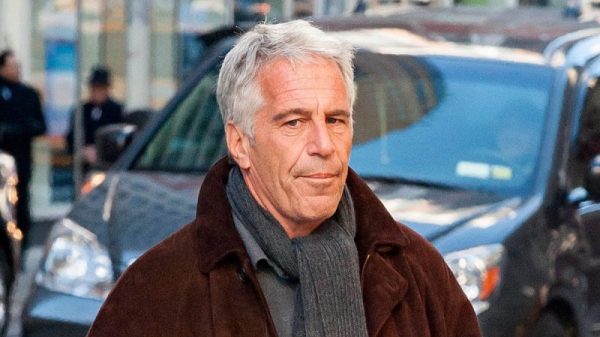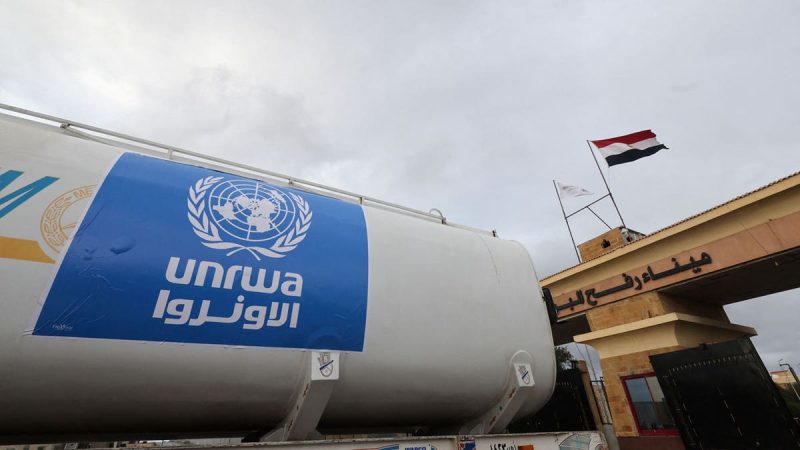Lawmakers Introduce Legislation Holding UNRWA Accountable for Joining & Assisting Hamas Terror Attack in Israel
The recent introduction of legislation aimed at holding the United Nations Relief and Works Agency for Palestine Refugees in the Near East (UNRWA) accountable for its alleged involvement in supporting Hamas’s terrorist activities in Israel has stirred up controversy and debate among policymakers and international relations experts.
The proposed bill, sponsored by a group of lawmakers, seeks to address the long-standing concerns regarding UNRWA’s role in perpetuating the Israeli-Palestinian conflict by examining the agency’s ties to Hamas, an internationally recognized terrorist organization. Critics argue that UNRWA’s purported collaboration with Hamas undermines its humanitarian mandate and compromises the region’s stability and security.
UNRWA, established in 1949, has been a key player in providing aid and assistance to Palestinian refugees displaced by the Arab-Israeli conflicts. However, over the years, the agency has faced criticism for its alleged biased approach towards the Israeli-Palestinian conflict, with accusations of promoting anti-Israeli sentiment and tolerating terrorist elements within its staff and operations.
The new legislation aims to hold UNRWA accountable for its alleged failures to prevent the misuse of its facilities and resources by Hamas for terrorist activities, including the recent attack in Israel that claimed the lives of innocent civilians. Lawmakers argue that it is imperative for the international community to scrutinize UNRWA’s actions closely and ensure that the agency upholds its humanitarian mission without being exploited by extremist groups.
Proponents of the bill assert that by investigating UNRWA’s ties to Hamas and implementing stringent oversight measures, policymakers can protect the integrity of humanitarian aid efforts in the region and prevent further escalation of violence and instability. They emphasize the need for transparency and accountability within UNRWA to restore trust and credibility in its operations and safeguard the welfare of Palestinian refugees.
On the other hand, critics of the legislation raise concerns about the potential repercussions of holding UNRWA accountable, such as creating obstacles to vital humanitarian assistance for vulnerable populations and fueling political tensions in the already volatile region. Some argue that targeting UNRWA could have unintended consequences, jeopardizing the well-being of Palestinian refugees who rely on the agency for essential services and support.
Amidst the ongoing debate surrounding the proposed legislation, the future of UNRWA’s role in the Israeli-Palestinian conflict remains uncertain. While calls for accountability and reform within the agency resonate with many policymakers and advocates of peace, finding a balanced approach that ensures humanitarian aid reaches those in need without compromising security concerns poses a complex challenge for the international community. As lawmakers continue to deliberate on the bill’s implications, the fate of UNRWA and its mission to support Palestinian refugees hangs in the balance, awaiting decisive action to address the pressing issues at hand.


































